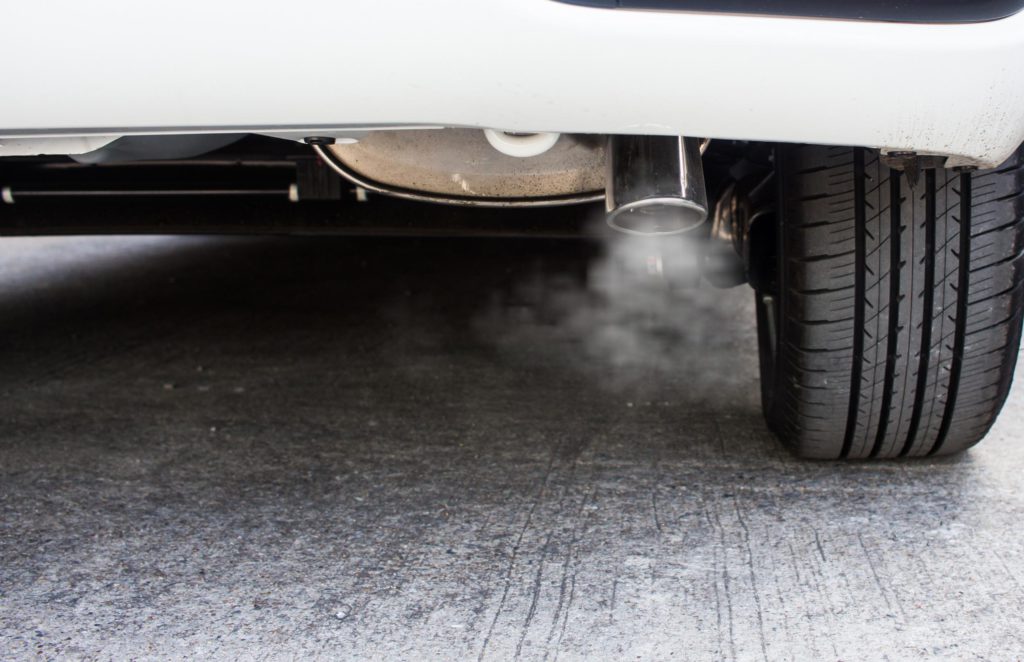German manufacturers could be forced into expensive hardware retrofits to avoid city bans
10 January 2018

10 January 2018
German vehicle manufacturers are facing more costly retrofitting actions in their efforts to reduce diesel pollution than first thought.
In August, at a national forum on the issue of diesel, the Volkswagen Group, Daimler and BMW agreed to recall 5.3 million cars in order to alter their emissions profiles through software updates. Older vehicles that could not be easily altered were instead subject to scrappage scheme incentives.
The moves were made to counter increasing calls for bans in some of Germany’s main cities, with Cologne, Munich and Stuttgart all threatening to prevent cars powered by the technology from entering their city limits.
However, following national elections that saw no party gain a majority to rule in the country, the leading Christian Democratic Union (CDU) is coalition talks with the Social Democratic Party (SDP). As part of these negotiations, politicians want to push through a series of hardware updates to diesel vehicles, according to reports.
News agency Reuters cites a position paper, which says a number of measures with ′more efficient and cleaner internal combustion engines including retrofits’ are needed to reduce pollution in cities.
Hardware retrofitting was rejected by manufacturers at the diesel summit in August, with leading executives claiming that the costs to make such changes would be far higher. Instead, a program of software updates, in development since June, would be rolled out, while manufacturers made donations to the municipal environmental fund.
The second summit in November saw the country’s government agree to release €1 billion in funding to help municipalities tackle diesel pollution. The move is designed to allay fears that ninety cities in the country, including Munich and Stuttgart, will face penalties for having nitrogen dioxide (NO2) levels in excess of the permitted limits, introduced in 2010.
However, while these plans are in place, it seems more radical effort is required to avert city bans, with retrofitting top of that list. Recent court cases have highlighted how high the likelihood is of such action, with only an appeal by the German state of Baden-Wuerttemberg preventing a ban on diesel vehicles in Stuttgart coming into effect this month.
The ban was sought by environmental group DUH (German environmental aid), which won its case against the state of Baden-Wuerttemberg in July with the federal administrative court ruling that air pollution should also be reduced with diesel driving bans if necessary, as retrofitting vehicles alone will be insufficient.
There is no concrete plan for hardware retrofitting, however, with the SDP the only potential party to form a coalition following the collapse of talks between the Green party and the Free Democratic Party (FDP) in November, such a move could be seen as a potential bargaining position.